With the launch of WW’s Kurbo app for children, I shed some light on why you should be way more worried about weight loss apps and dieting in general than your kid gaining weight.
I’m reeling right now, I’m not going to lie. But I’m going to try my DAMN best to keep my cool while writing this blog post. No guarantees. It’s time I finally break my silence on this WW Kurbo app for children and teens.
If you’re unaware of this app, I’ll give you the 411. WW, formally known as Weight Watchers, just released their new kid-centric app directed at 8 to 17 year olds. Yup, as young as 8 years old. Ready to riot yet?! Their new app promises to help our little ones with goals like “lose weight”, “boost confidence” or the most cringeworthy: “Make parents happy”.
SO. F*CKING. GROSS.
Before I put on my dietitian hat, I want put on my mom hat for a hot minute. As a fellow parent, I absolutely empathize with parents who feel that they want to do whatever they can do to help their kids live a healthy and happy life. Especially since the research tells us that “overweight” kids are more likely to experience anxiety and depression compared to other kids. This is all because of the way our society views weight and significantly stigmatizes “overweight” and “obese” persons. Children then have to carry these burdens as their grow up, which not only affects their personal relationships, but also translates to poorer sleep, psychological stress and lower academic performance. These are scary facts, and I can understand why parents want to do everything they can to protect their children, but this app will not do that, and may actually do more harm than good.
Let’s take a look at some of the reasons why we need to BOYCOTT the F out of this WW Kurbo app today.
Why the WW Kurbo App for Children & Teens Will Do More Harm Than Good
Food Cannot be Categorized as Good, Bad, or Sometimes Okay
Screenshots from Kurbo by WW
Kurbo uses a “Traffic Light” system to categorize different foods. Green light foods include vegetables and you can enjoy those freely, while yellow light foods include pasta which you can enjoy in moderation, and finally red light foods include soda and candy which should be limited as much as possible.
WW has described the Kurbo app as a “holistic tool”, not a diet. But what they’re actually doing is creating a more preschool-friendly calorie counting strategy. In fact, I would argue that categorizing foods into three discrete categories is even MORE damaging and detrimental than calorie or points counting, while teaching kids legit NOTHING about nutrition.
I mean, if you label a food like almond butter (which is a RED food by WW;s F***ed up standards) as a red light food, they;re never going to eat almond butter again. Alternatively, labelling foods as “bad” may make kids want them more. Research suggests that foods we associate with guilt like chocolate cake, are harder to resist overeating. Do we really need a whole generation of kids binging on not only chocolate cake, but now ALMOND BUTTER AS WELL?! What the actual F.
The Nutrition Recommendations Themselves are BUNK
As a Dietitian, I have a hard time understanding the criteria for the categorization system. Under the traffic light system, my son’s breakfast of full fat plain yoghurt with banana, plus a slice of fresh sourdough bread toast with almond butter would likely rack up to THREE red strikes. How insane is that? From a nutritional standpoint, his breakfast is balanced, nutritious and satiating. Instead, Kurbo is teaching our children to fear basically all food that contains fat, salt and flavour and that FUEL their body with anything more than air. NO THANK YOU.
Dieting in Children Increases Eating Disorder Risk
WW’s CEO, Mindy Grossman, sees the Kurbo app as an opportunity “to change the health trajectory of the world”. If researchers still haven’t found a way for the majority of adults to lose weight, how can we expect growing children to be able to full it off? The fact is, the words “diet” and “children” should NEVER (that deserves CAPS) be said together and research has told us why, many times. Diets don’t work in the long term, and even if you do in the short term, evidence tells us 90-95% of people regain the weight and then some.
What Kurbo also fails to realize is that diets lock people into a life time of weight cycling, also known as yo-yo dieting. The evidence suggests that constantly going up and down in weight is actually worse for health than having a consistent higher BMI. Weight cycling puts a significant amount of stress on the body and has been shown to increase one’s risk of high blood pressure, inflammation and even early death. It also puts a lot of stress on us emotionally. The constant battle between feeling ashamed for your body and eating behaviours, the short lived satisfaction of losing a few pounds, and then devastating guilt and shame when the weight piles back on. It’s totally bad news bears.
Most problematically, adults and children that go on diets are at a much higher risk of developing eating disorders. However, even given that strong evidence, the people behind the WW Kurbo app refuse to believe it.
In an article by The Atlantic, WW’s chief science officer cited an analysis that found no increased prevalence of eating disorders among “overweight” and “obese” minors in weight-loss programs. However, the study did not examine internet-based weight loss methods like an app. Furthermore, the Kurbo app isn’t professionally monitored and if you pay beaucoup bucks for the premium package to get one-on-one coaching, you’ll find that the coaches don’t need any background in nutrition or dietetics. WTF? Such massive space for error!
The reality is that dieting interferes with our innate ability to listen to our body and hunger cues, and severe restriction is bound to be followed by a binge when we accidentally “slip up”. This inevitably leads to a lifetime of the restrict, binge, repeat cycle which significantly increases a person’s risk of life threatening disordered eating behaviours. I say life threatening because eating disorders have the highest mortality rate among all mental illnesses, even higher than depression. THAT is why I’m so pissed about the WW Kurbo App. Apps like these are the gateway drug to this all.
Preteens and Teens NEED to Gain Weight and Fat
First, the way our bodies store fat is largely genetic. Some people hold genes that promote greater fat storage than others, even when their food environment is the same. Some people hold more fat in their legs, while others hold more in their stomach. Considering we all have our own unique genetic makeup; we really should appreciate the fact that we are going to have our own unique body composition, too.
Enough fearing fat because it’s extremely important for our health. Body fat is key for keeping our organs protected temperature regulation, cell signalling and for maintaining hormone levels.
For children, body fat plays a vital role in growth and development. During our teenage years, we begin to make hormones (testosterone for boys and estrogen/progesterone for girls) that cause our bodies to go through dramatic transformations, such as getting taller, developing breasts for girls, menstruation, body hair etc. For these important physiological changes to happen, we need to have adequate fat stores so our bodies can produce these hormones. For girls, having sufficient fat stores is essential for starting and maintaining a healthy period. If a young girl does not have adequate nutrition and fat stores, this may stunt growth and delay sexual maturation. Unfortunately, young girls that try to prevent natural weight gain are at a higher risk of a delayed period and may take a long time to resume normal growth.
Promotes Fat Phobia
One of the most disturbing parts of the Kurbo app are the before and after photos and the kid’s “success stories”, all of which look really creepy to me. Reading the quotes from parents on their website totally freaked me out. Diet culture makes it seem like manipulating the body is as easy as having greater will power, but in reality these poor kids are probably fighting so hard and falling so deep into disorderly thoughts that they no longer know how to trust their body or food.
Weight Stigma and Weight Cycling is a Much Bigger Problem Than Weight
It’s really important to mention that the pressure of losing weight and attaining unrealistic beauty standards isn’t going to help a person achieve good health. Research suggests that weight is NOT associated with mortality rates as much as fitness is, regardless of how thin (or not thin) it makes your body. This is also true for diet. A meta-analysis found that dietary interventions like eating more fiber and following a Mediterranean diet, reduced the risk of diabetes, improved blood pressure, blood sugar and cholesterol levels, even without accompanying weight loss. In other words, body weight is not an effective marker of good health.
In contrast, weight stigma is. When a person experiences weight stigma (that is, being judged for their size), they are more likely to engage in unhealthy eating behaviours, avoid visiting the doctor and disengage in social activities. In contrast when someone feels confident in their body, they’re more likely to engage in healthy lifestyle behaviours and feel more in control of their health, regardless of the number on the scale.
A systematic review found that interventions that focused on positive health behaviours, like healthy eating behaviours, intuitive eating and increased physical activity, were more successful in improving health and reducing their risk for health issues like heart disease and depression. In that same study, they found that diets that were restrictive and focused on body weight showed little to no improvement on health.
Bottom line: We need to pay attention to our behaviours, not our body size, when it comes to health.
Kurbo Puts Blame on the Child
One of the major qualms with apps like Kurbo is they put all the blame and responsibility on the child for being in a larger body. In reality, there are a lot of other factors that may play a role in their body weight. Factors include their demographics, where they live and their family’s socio-economic status. The app tells them that they should eat green light foods like fresh fruits and vegetables, but what if the child doesn’t have access to these foods because they live in a food desert? What if their family can’t afford fresh produce? What if they can’t even afford to see a doctor for regular check ups? These are questions a weight loss app can’t answer, and apps like these will never address those fundamental social determinants of health that shape their health outcomes.
Diets Don’t Work
I feel like I need to yell this bottom line from the rooftops. DIETS DON’T WORK. Weight loss companies love to show “before and after” photos, but did you notice that they never show follow-up photos a year later? Sure when people start a diet, they may start to lose weight suddenly, but the evidence has shown that 90-95% of these diets fail and most of the weight lost is regained and then some a few months or years later. Let’s talk about The Biggest Loser, for example. In a 2016 study, researchers found that participants gained almost all their weight back and that their restrictive diet severely ruined their metabolism. In other words, even though they ate less food, they still ended up gaining their original weight back. While many people change their lifestyle to improve their health, the research continues to show us that weight loss diets are not the solution and can do more damage than good.
What Should We Do if Our Kid is “Fat�
If the WW Kurbo App isn’t the solution, what is a concerned parent to do when they, their family members or their child’s doctor points out that their kid is “fat” and needs to lose weight?
Do Nothing at All
when when we talk about weight and dieting with our kids, our kids are at a higher risk for both obesity and eating disorders so don’t. The idea that by informing your child that they’re “heavy” they’ll all of a sudden get motivated for behaviour change is ridiculous. In reality, weight stigma does the opposite and prevents kids from being motivated or capable of making changes. So this may be hard to hear as a parent, but the best thing you can do is: nothing. Instead, your work as a parent should be focused on modelling healthy eating habits, positive body image and promoting an intuitive eating environment.
Promote an Intuitive Eating Environment
Instead of focusing on restricting food and vilifying it, work with your child on promoting intuitive eating. Avoid playing moral judgement on food with “good food” or “bad food” dichotomies and find more neutral language to use.
Instead of saying: “eat your broccoli, it’s good for you”
Say: “we love broccoli because it’s delicious and helps us grow”
Emphasize Body Positivity
Teach your kids to appreciate the amazing things their body can do, such as running, jumping, climbing and lifting. This helps to show them that their bodies – regardless of size – are capable of doing lots of great things.
Change How You Talk About Food & Your Body
Children learn how to have a healthy relationship with food by watching how their parents relate to food. That means it’s really important that you never associate certain foods with your body or worth.
Avoid phrases like: “oh I have been so bad, I ate cake” or “I’m too fat as is to eat pie today.”
These phrases not only perpetuate fat phobia and weight stigma, but also teach kids that our worth is derived from the food we eat and the size or shape of our body.
Instead, try out something like: “Grandma baked this pie with love, I’m sure it’s going to be delicious, let’s enjoy it as a family together.
Research shows that if a parent openly expresses dissatisfaction for their body, their child is more likely to diet into the future. As a very influential role model, it’s important to never criticize your body, theirs, or anyone else’s in their presence, and remind your children that we all come in different shapes and sizes.
This Dietitian’s Thoughts on the WW Kurbo App for Children & Teens
Moms and dads (and anyone else who cares for or loves a child) – let’s call Kurbo out for what it truly is – a money hungry attempt to hook customers for life with fat phobia and disordered eating thoughts and behaviours. We need to start breeding a new generation of people that respect and love all bodies, rather than teaching them to fear and loathe themselves when they’re not a size 2.
Wake up Weight Watchers. Take the WW Kurbo App off the market TODAY.
Contribution By: Katey Davidson, RD from https://tasteofnutrition.com/
Edits By: Sofia Tsalamlal, RD, MHSc Nutrition Communication
Updated on August 30th, 2022

Abbey Sharp is a Registered Dietitian (RD), regulated by the Ontario College of Dietitians. She is a mom, YouTuber, Blogger, award winning cookbook author, media coach specializing in food and nutrition influencers, and a frequent contributor to national publications like Healthline and on national broadcast TV shows.
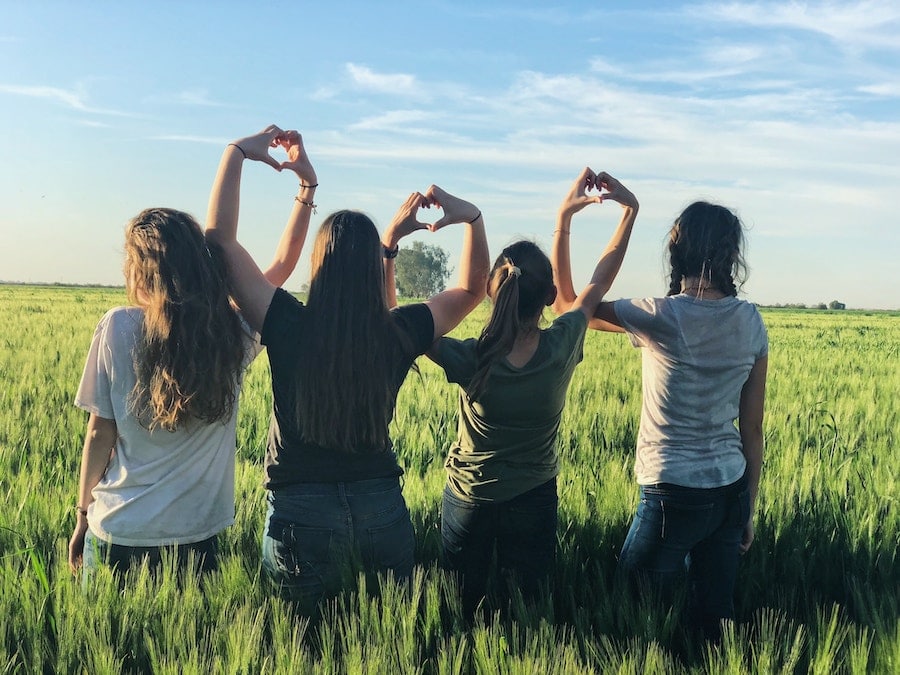
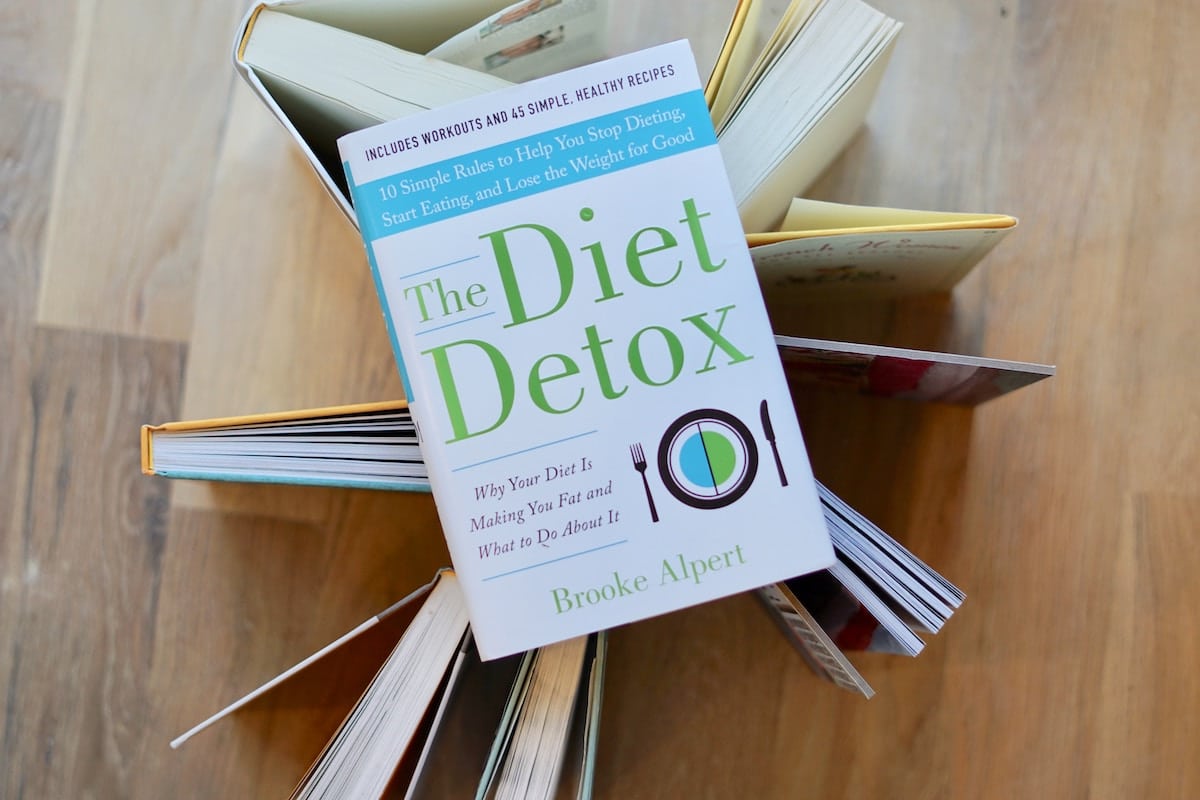
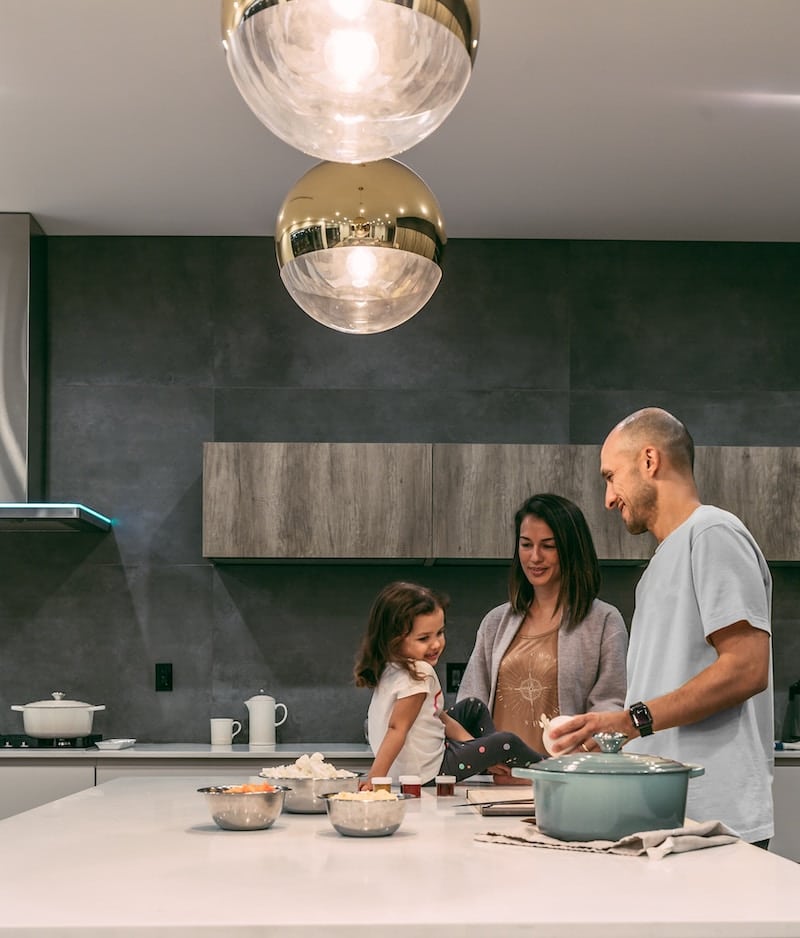

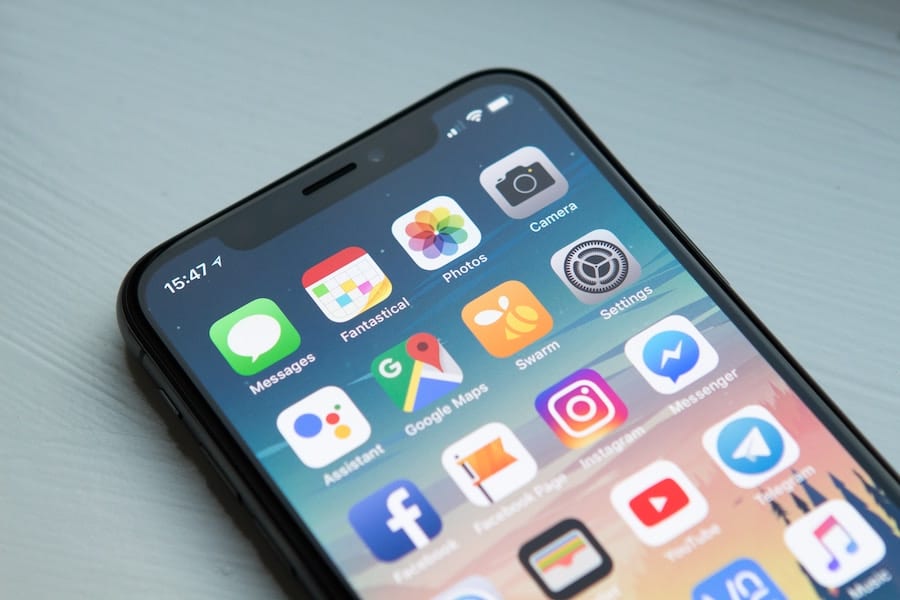
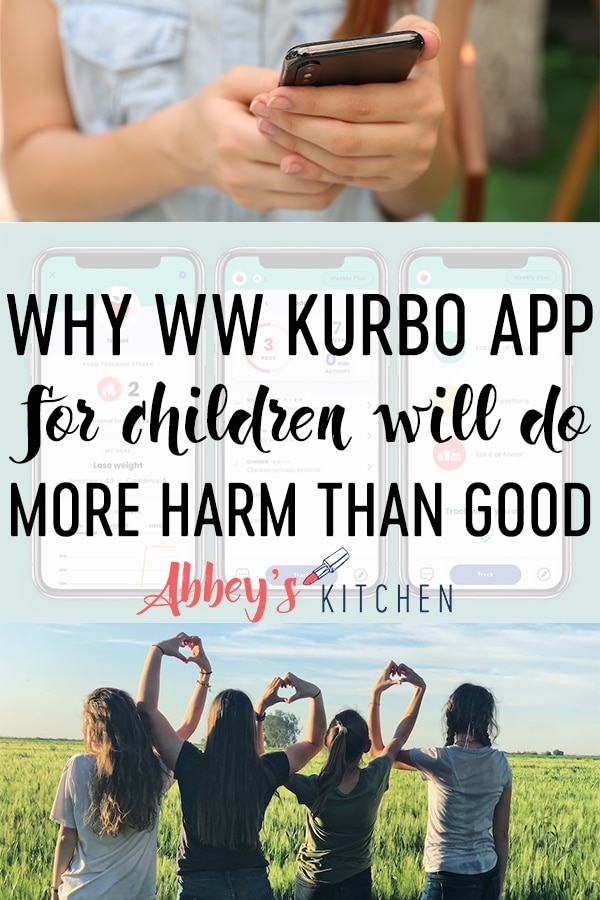

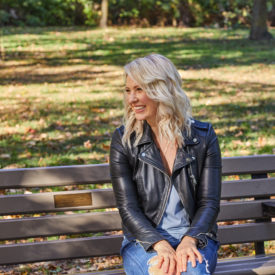
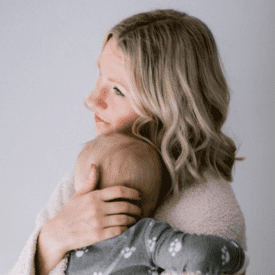

Lynne says
Dear Abbey,
Thank you SO MUCH for being so candid with your opinion and rightfully angry at WW for capitalizing on our young generation!! I’m also pissed off!!
I wish you would promote your article on major cable networks and challenge WW! I will pass on your article and advocate all my friends to subscribe to your newsletter. You are simply amazing in your food recipes that offer real good nutrition without guilt!! Keep up the great work
??????
Abbey Sharp says
Thank you so much Lynne! I’ve also done a YouTube video, so you should check out my channel 🙂
Darlene says
Parents for the most part are the ones who set the stage for eating habits.
Parents need to be educated, then they in turn share with their children how to eat a “healthy” diet.
Does this app take into account food sensitivities and allergies or Type 1 Diabetes? As an overweight child, with a mom who would mention I should lose weight, looking back I shake my head – who bought all the Twinkies and snack foods?
Ang says
This makes me so mad! I did not realize it even existed!! Kids should absolutely not worry about counting calories. I don’t even like when kids’ wear fit bits!!Angea
Abbey Sharp says
totally.
Angela says
Oh my! I did not even know this existed!! This makes me upset…I absolutely do not think kids should be counting calories. I personally do not like seeing kids with Fit Bits on either. This is taking away the primal instinct “eat when you’re hungry” and setting kids up for lifelong issues with food…ugh!!!
Deborah Brooks says
As someone who struggled with an eating disorder in college and then went to work with others recovering from ED, I have lots of thoughts about this app. At the very least, it would be irresponsible to use this app without doing further research to make sure it is appropriate for the child
Abbey Sharp says
Definitely. Thanks for sharing Deborah
GiGi Eats says
I appreciate WW wanting to focus on the health of our kids, but I am right there with you – this looks to me that it will spur eating disorders more than anything else. Kids are so IMPRESSIONABLE so I can only imagine them saying “oh no, I cant eat that because it’s a BAD food”. Ugh!
Abbey Sharp says
For sure.